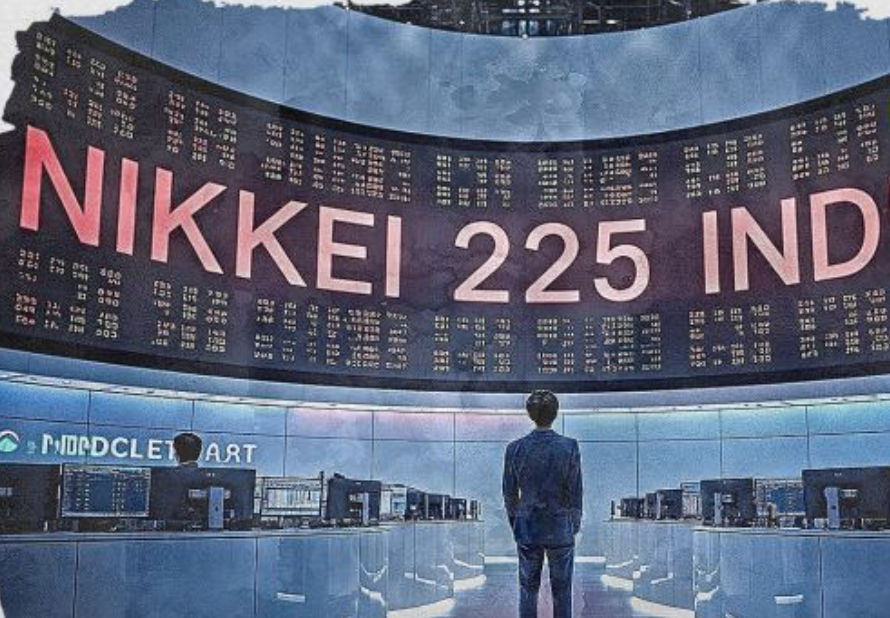? Financial regulators of the Land of the Rising Sun are once again showing their mastery. The Japan Financial Services Agency (FSA) is preparing legislative changes that will officially prohibit cryptocurrency trading based on non-public information. According to Nikkei, the amendments will affect the Financial Instruments and Exchange Act — the same law that governs the traditional stock market.

Until now, this law did not cover crypto assets, which meant that the entire industry essentially lived by the principle of “self-regulation.” Crypto companies set their own internal standards, and violations — if detected — rarely led to serious consequences.
Now everything will change: insider trading in crypto will be subject to real sanctions, including fines and possibly criminal liability.
This move is a logical continuation of Japan’s long-term policy to civilize the crypto market. After high-profile incidents like Mt.Gox and Coincheck, Japanese authorities learned a simple truth: crypto without oversight turns not into innovation but into a chaotic Wild West with a hint of casino.
Tokyo now seeks not to restrict the market but to make it transparent and resilient.

Interestingly, even amid global crypto turbulence, Japan remains one of the few countries where regulation truly works. Here, exchanges must store most customer assets in cold wallets, disclose their reserves, and undergo rigorous security audits.
Now comes the next stage: tackling insider trading — situations where insiders (like exchange employees or project developers) exploit confidential information for personal gain.
It’s no secret that we sometimes admire the Japanese regulator: they act precisely, calmly, and effectively.
It’s interesting to wonder when the U.S. will see even a single prison sentence for crypto insider trading.
So far, it’s all press releases and “stern warnings.”

However, Japan’s approach could become a new global benchmark for crypto regulation — especially for countries still pretending that crypto insiders are just “internal marketers” rather than people with access to market-moving information.
If Japan’s initiative is adopted (and given their bureaucratic efficiency, it likely will be), it will trigger a serious restructuring of the country’s crypto industry.
Firstly, major exchanges like Binance Japan, bitFlyer, and Coincheck will need to implement strict internal compliance measures similar to those of traditional brokers.

This includes:
- transparent tracking of access to non-public data;
- mandatory reporting of suspicious transactions;
- internal “blackout periods” when employees are forbidden to trade.
Secondly, Japanese project tokens (especially new ones) may temporarily lose liquidity as regulators enforce pre-listing checks and ban any “coordinated actions” between issuers and traders.
In the long term, however, this step will strengthen investor confidence. The less insider trading — the more stable the market and the fewer chances that someone “on the inside” profits at the expense of ordinary users.
Once again, Japan is doing what it does best: quietly and efficiently setting standards for the rest of the world.
Meanwhile, the U.S. still treats crypto insider cases like a Netflix series — plenty of drama, but very few convictions.
All content provided on this website (https://wildinwest.com/) -including attachments, links, or referenced materials — is for informative and entertainment purposes only and should not be considered as financial advice. Third-party materials remain the property of their respective owners.


